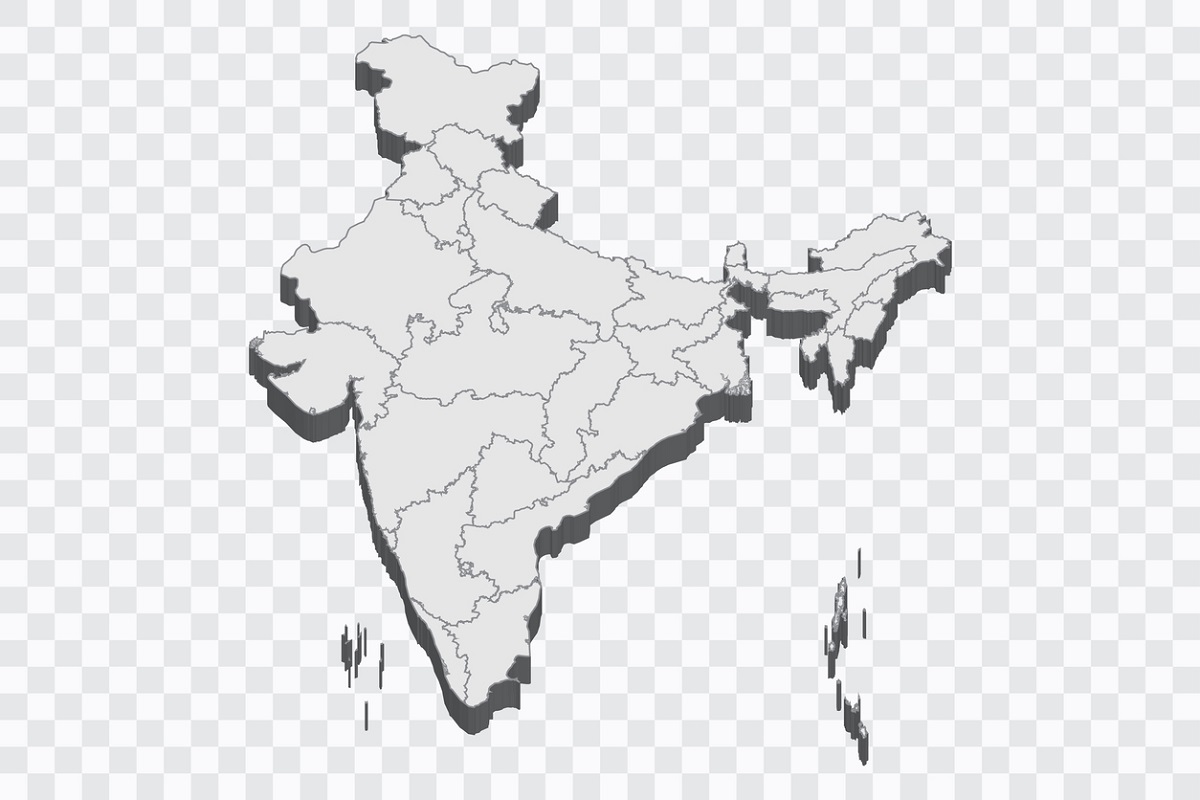GDP Growth
India’s economic trajectory, as outlined by Finance Minister Nirmala Sitharaman, paints a picture of resilience and potential amidst global uncertainties.
That a structural shift is required in the Indian governance and delivery model has been brought out in sharp relief by the pandemic.

(Representational Image: iStock)
It is time, perhaps, to hold those vocal about the proposition that a crisis is an opportunity to their word. The crisis which is the Covid-19 pandemic has exposed the massive hole in India’s public health infrastructure and central to it is the lack of coordination between various agencies at the central, state and local levels.
An absence of accountability has been a direct consequence of this state of affairs. It is the ordinary citizen who suffers, as usual. That a structural shift is required in the Indian governance and delivery model has been brought out in sharp relief by the pandemic. But reform of the state apparatus must not be limited to ad-hoc measures restricted to dealing with Covid-19.
It is, therefore, pointless to go on ad nauseum about the tweaks in public healthcare which may or may not prove efficacious but to turn the ruling dispensation’s attention to one of its longest standing promises which it only partially fulfilled during the 1999-2004 AB Vajpayee administration ~ breaking India up, as it were, into smaller states.
Advertisement
Smaller administrative units, there is enough empirical evidence in the public domain to establish, make for enhanced governance, greater cohesion, and superior delivery of goods and services to citizens. It also provides a fillip to genuine federalism as greater accountability comes into play, unlike in the current administrative structure of the country which is essentially that introduced under the Mughals on to which the British colonial state grafted its own variations and which, post-Independence, saw the reorganisation of states on a linguistic basis.
All this has done is create regional satraps who have treated large tracts of India as their personal fiefdoms with little or no institutional checks on their power unlike those which, at least on paper, exist for the Centre. The relatively smooth birthing of Jharkhand, Chhattisgarh, and Uttarakhand a little over two decades ago, and the botchedup creation of Telangana in 2014, are the only substantive attempts the political establishment has made to address an issue which has been hanging fire for long.
The current public health crisis provides an opportunity for the government to act. The BJP, after all, has from its very inception, been a proponent of smaller administrative units. Prime Minister Narendra Modi, who showed great courage in expending his political capital ~ and was richly rewarded for it by the electorate ~ on the abrogation of Article 370, smoothening the path for the construction of the Ram Janmabhoomi Temple in Ayodhya, and working on a Uniform Civil Code including the banning of triple talaq, has been surprisingly coy in fasttracking the creation of smaller states.
One explanation could be political. Given that many of the larger states which have been identified by experts as being ripe for downsizing including Uttar Pradesh, West Bengal, Gujarat, and Maharashtra are also the ones from where the BJP has had a large number of MPs elected in the 2014 and 2019 General Elections, there could be an element of hesitation in upsetting the applecart.
Mr Modi ought to be sanguine for this is a highly exaggerated concern. If the past two national polls have taught political analysts anything, it is that the Indian voter is ready to support decisions taken in the national interest.
Advertisement